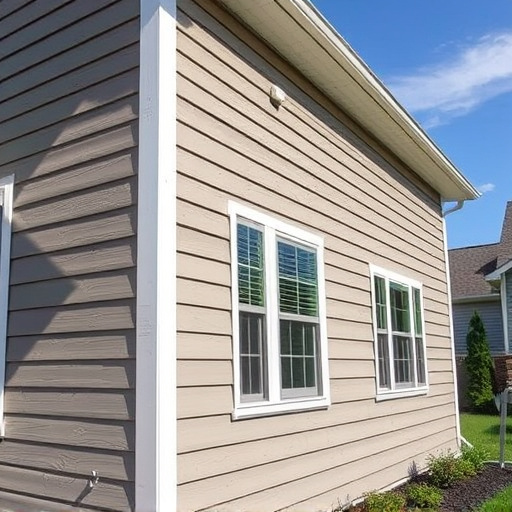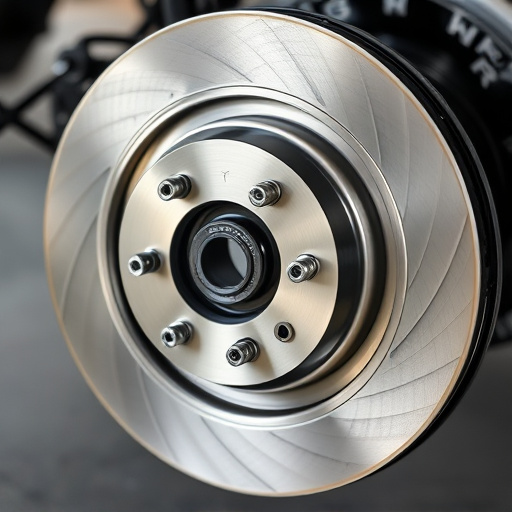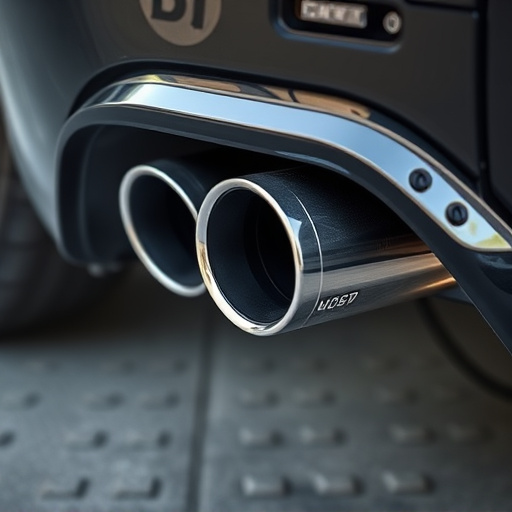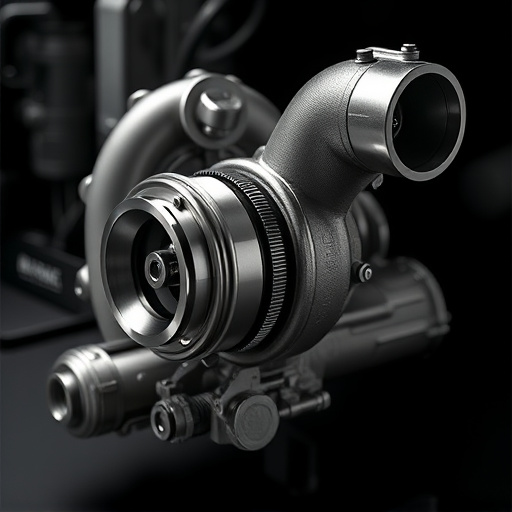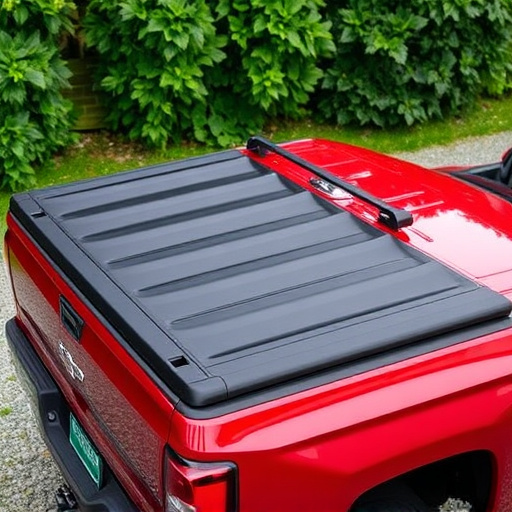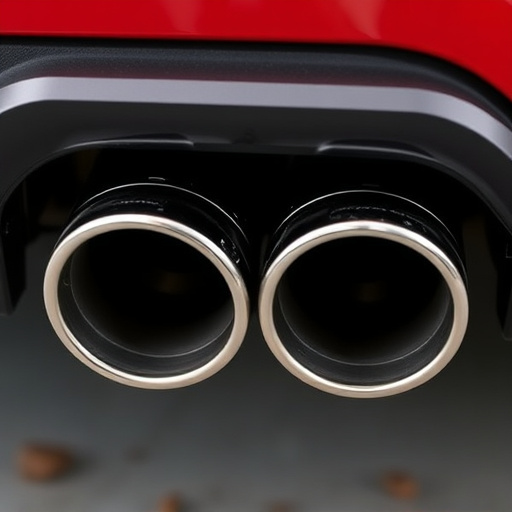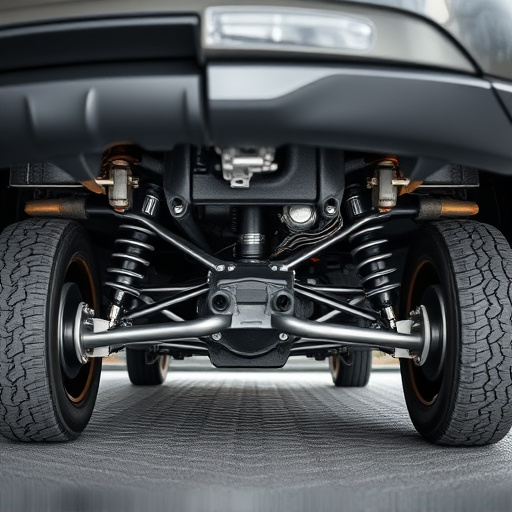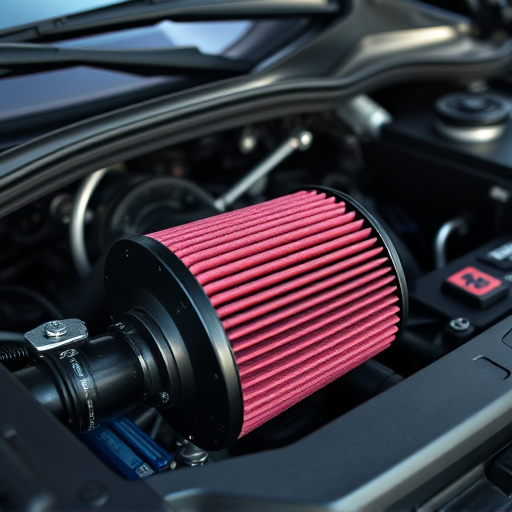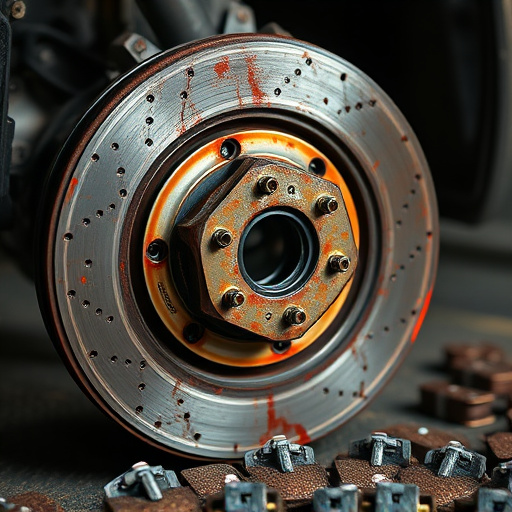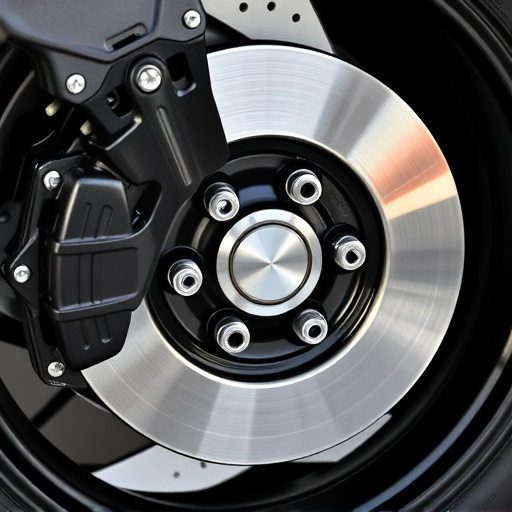Regularly replacing your drop-in air filter (every 10,000-15,000 miles or annually) is crucial for maintaining engine performance and prolonging vehicle lifespan. These filters ensure clean air flow, vital for efficient combustion, especially in vehicles with cold air intakes or performance exhaust systems. Neglecting timely replacements can lead to reduced horsepower, torque, and acceleration. Lifespan varies based on driving conditions, environmental factors, and filter quality. Consulting your vehicle's owner manual provides tailored recommendations, while regular inspections of suspension components and the air intake system are key to identifying potential issues that may require earlier filter replacement.
Discover the optimal time to replace your drop-in air filter for peak performance and energy efficiency. While every system is unique, understanding key factors influencing filter lifespan—such as usage, environment, and interior conditions—is essential. This guide walks you through creating a tailored maintenance schedule, ensuring your drop-in air filter performs at its best, improves indoor air quality, and extends the life of your HVAC system.
- Understanding the Importance of Regular Replacement
- Factors Affecting Filter Lifespan
- Creating a Maintenance Schedule
Understanding the Importance of Regular Replacement
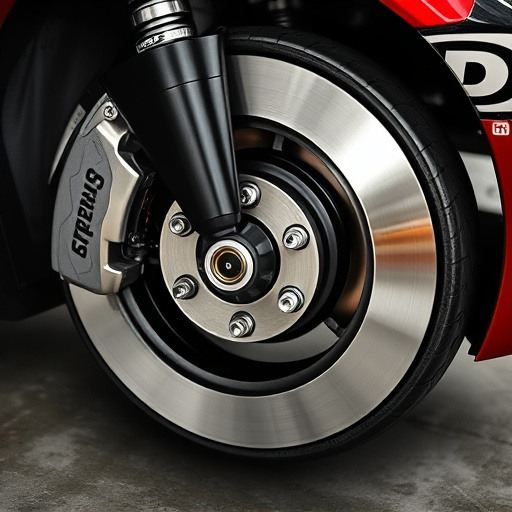
Regularly replacing your drop in air filter is a crucial aspect of maintaining optimal engine performance and extending the life of your vehicle’s components. These filters play a vital role in ensuring clean, cool air enters the engine, which is essential for efficient combustion. Over time, as dirt, dust, and debris accumulate, the filter’s effectiveness diminishes, restricting airflow and potentially causing damage to the engine.
In vehicles equipped with cold air intakes or performance exhaust systems, the impact of a clogged drop in air filter becomes even more pronounced. These modifications enhance engine intake, relying heavily on clean, unobstructed air flow. Neglecting regular filter replacements can result in reduced horsepower, torque, and acceleration—directly impacting the overall driving experience and vehicle performance.
Factors Affecting Filter Lifespan
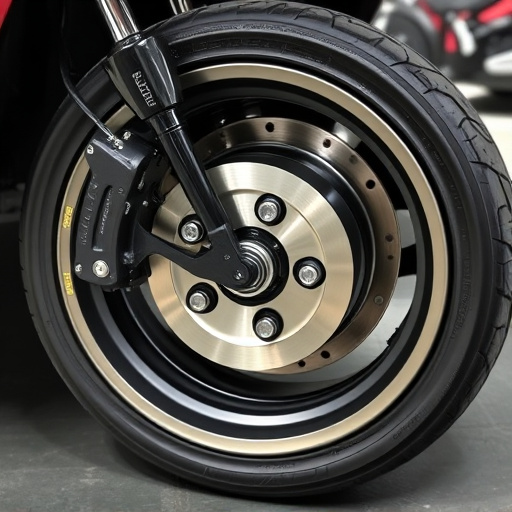
Several factors significantly influence the lifespan of a drop-in air filter. One of the primary considerations is the driving environment; areas with high dust, pollen, or other airborne contaminants will necessitate more frequent filter replacements. The quality and efficiency of the air filter itself also play a crucial role; higher-grade filters designed to capture smaller particles can last longer under such conditions.
Moreover, the performance brakes of your vehicle, including the brake pads, can indirectly affect the air filter’s longevity. Since air filters are part of the overall ventilation system, extreme braking or frequent aggressive driving can lead to increased dust and debris ingestion, speeding up filter wear. Regular maintenance, including timely replacement of both brake pads and air filter kits, is essential for optimal vehicle performance and efficiency.
Creating a Maintenance Schedule
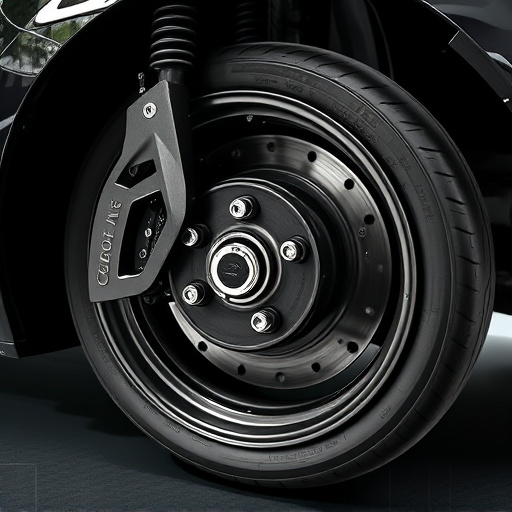
Creating a Maintenance Schedule for Your Drop In Air Filter
Establishing a regular maintenance routine is key to keeping your vehicle’s air intake system running smoothly. Start by consulting your vehicle’s owner manual, as it often provides recommendations tailored to your specific make and model. Typically, a drop in air filter should be replaced every 10,000 to 15,000 miles or once a year, whichever comes first. This schedule ensures optimal engine performance and fuel efficiency.
Remember that factors like driving conditions, environmental factors, and even the quality of the air filter can influence replacement frequency. For instance, if you frequently drive in dusty or muddy areas, your air filter might require more frequent changing. Regularly inspecting the suspension components and air intake systems will also help you identify any signs of wear or damage that could prompt an earlier filter replacement.
Regularly replacing your drop-in air filter is crucial for maintaining optimal indoor air quality. By understanding the factors that impact filter lifespan and creating a structured maintenance schedule, you can ensure your HVAC system operates efficiently, reduces energy costs, and promotes a healthier living environment. Remember, a well-maintained air filter is key to preserving the overall performance of your heating and cooling system.

